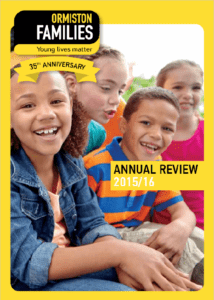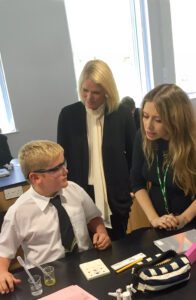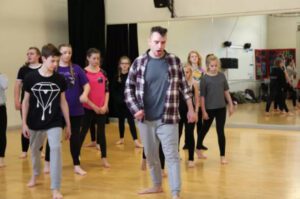COP26 is finally here! The opening sessions will be starting on Saturday 30th October and continue until Saturday 13th November. The conference is the annual meeting of the 197 countries that signed the United Nations Convention on Climate Change in 1992. Heads of state from around the world will convene in Glasgow to negotiate a path forward that should prevent catastrophic climate change and environmental breakdown.
There’s a lot of hope riding on this conference, and the next three weeks’ eco-Thursdays posts will be focused on the events and any youth or education outcomes. Next Friday November 5th is a day dedicated to youth and public empowerment, and we’re looking forward to hearing about the debates and discussions that go on then.
In sum, the main topics that will be discussed over the course of the next two weeks a
- Finance
- Energy
- Youth and Public Empowerment
- Nature
- Adaptation, Loss and Damage
- Gender
- Science & Innovation
- Transport
- Cities, Regions and the Built Environment
This sounds like a lot, and it will be a huge surprise if 197 heads of state come to agreement on policy promises on all of these topics which are radical enough to truly change the trajectory we are on towards 1.5 degree heating and beyond. The pledges made during the Paris Agreement in 2015 will only limit heating to between 2.5 and 4.5 degrees, well over the maximum 2 degree rise that the Paris Agreement itself states.
The UK government recently announced its own Net Zero Strategy, which has received a largely positive response. It sets out the UK’s plan to reach net zero by 2050, but hasn’t addressed some key areas (such as animal agriculture) and will pose challenging implementation risks. Phasing out various industries, such as diesel and petrol cars by 2035, is necessary and welcomed, but there will need to be active government initiatives to support a ‘just transition’. This includes retraining and upskilling workers whose jobs are lost in this phase out, and providing a sufficient safety net or redistributive function to protect the incomes of the sections of society who are most affected by these economic shifts.
Next week, we’ll do a roundup of the conference’s first week of events, and take a look at how the youth empowerment discussions are shaping up.









